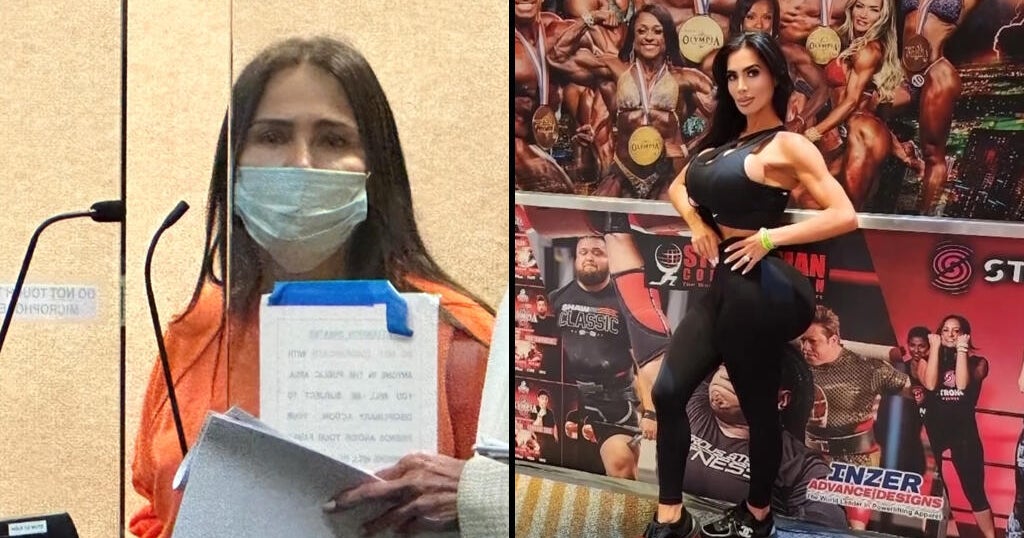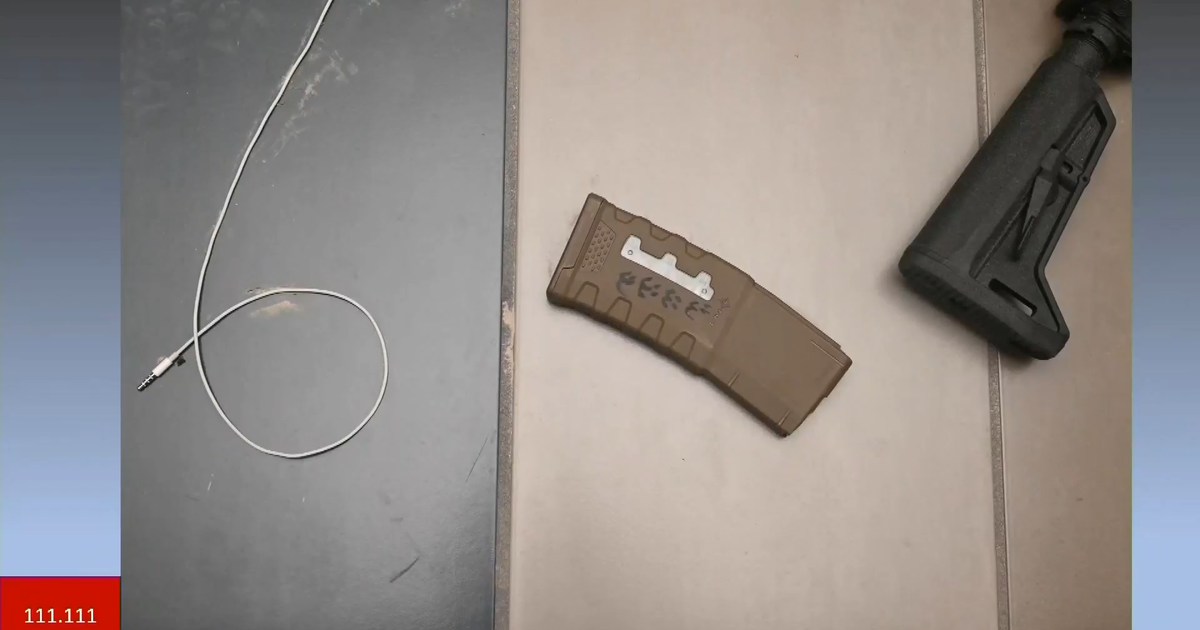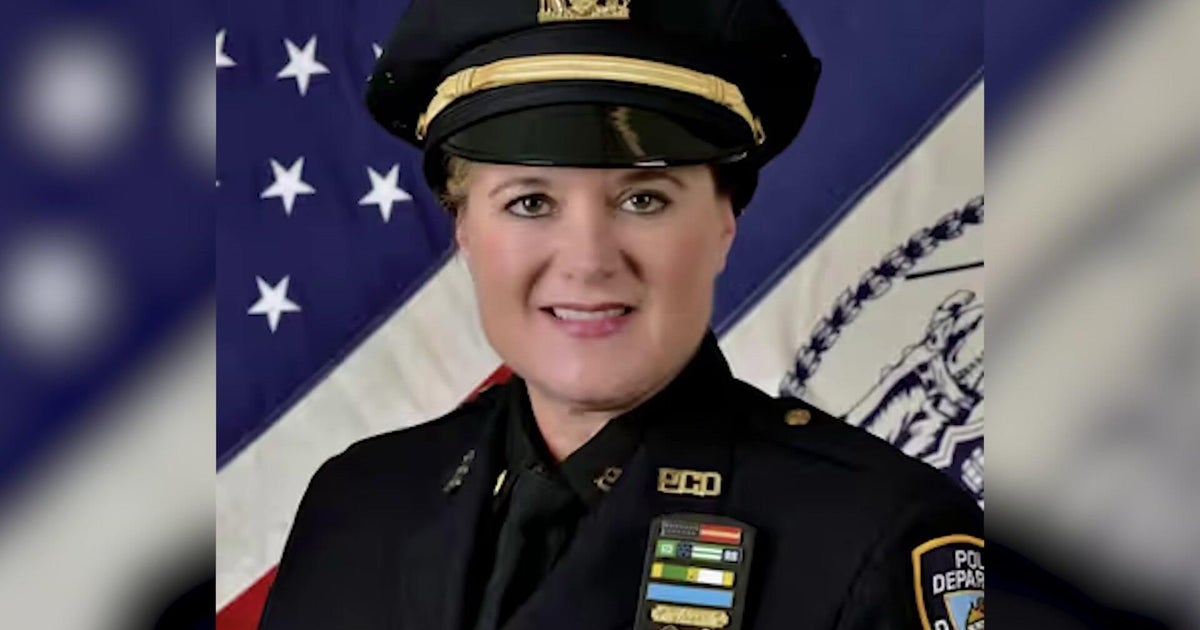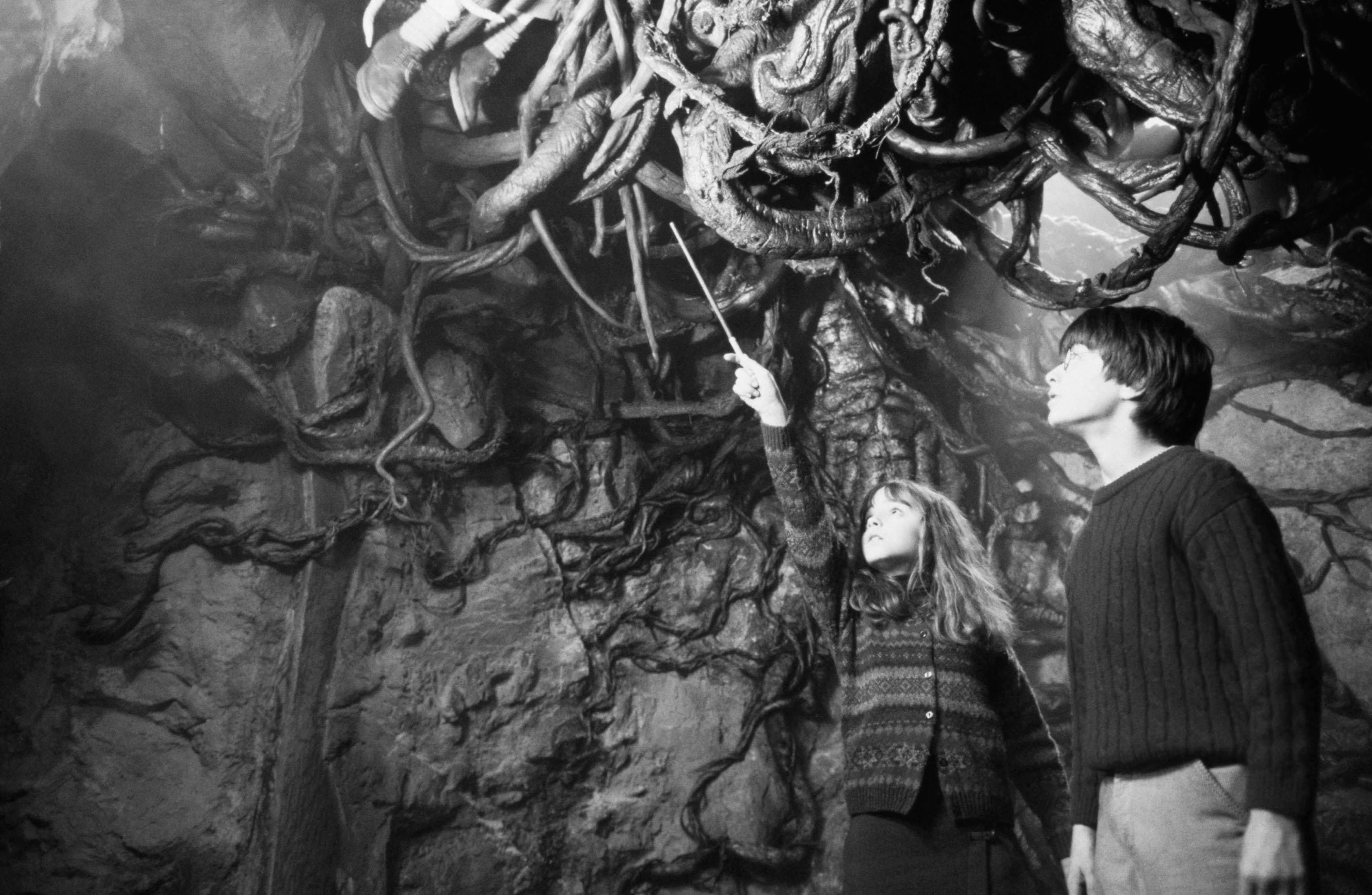Officer Kim Potter "betrayed a 20-year-old kid" when she fatally shot Daunte Wright during traffic stop, prosecutor says
The suburban Minneapolis police officer who killed Daunte Wright violated her training and "betrayed a 20-year-old kid" when she shot him with a handgun instead of a Taser during a traffic stop, a prosecutor told jurors Wednesday. But an attorney for former Brooklyn Center Officer Kim Potter told jurors that all the young man had to do was surrender to police that day.
Prosecutor Erin Eldridge began her opening statement at Potter's manslaughter trial by telling jurors that a police officer's fundamental duty is to protect the sanctity of life. She also said Potter had received extensive training, including in risks of firing the wrong weapon.
"This is exactly what she had been trained for years to prevent," Eldridge said. "But on April 11, she betrayed her badge and she failed Daunte Wright."
Potter, 49, is charged with first-degree and second-degree manslaughter in Wright's April 11 death in Brooklyn Center. The former officer — she resigned two days after the shooting — has said she meant to use her Taser on the 20-year-old Wright after he tried to drive away from a traffic stop as officers tried to arrest him, but that she grabbed her handgun instead.
Her body camera recorded the shooting.
Defense attorney Paul Engh said during his opening statement that Potter made a mistake when she shot Wright with a handgun instead of a Taser. But he it was an accident and that Potter "had to do what she had to do to prevent a death to a fellow officer."
"All Wright had to do was stop and he'd be with us," Engh said, according to CBS Minnesota.
Eldridge, the prosecutor, said officers have a responsibility to be "acutely aware" of the weapons they carry and the risks associated with them, CBS Minnesota reported. "We trust them not to use those weapons rashly or recklessly, and we expect not to be shot dead on the street for no reason," she said.
Potter has told the court she will testify.
Potter's Taser was holstered on her left side, and her handgun on her right. Prosecutors argue that she was trained explicitly about the danger of avoiding deadly mix-ups.
"We trust them to know wrong from right, and left from right," Eldridge said. "This case is about an officer who knew not to get it dead wrong, but she failed to get it right."
Potter is White and Wright was Black.
A mostly White jury was seated last week in a case that sparked angry demonstrations outside the Brooklyn Center police station last spring. Those demonstrations, with protesters frequently clashing with police in riot gear, happened as former Minneapolis Officer Derek Chauvin was on trial just 10 miles away for killing George Floyd.
Potter was training a new officer when they pulled Wright over for having expired license plate tags and an air freshener hanging from the rearview mirror, according to a criminal complaint.
When they found that Wright had an outstanding arrest warrant, they tried to arrest him but he got back into his car instead of cooperating. Potter's body-camera video recorded her shouting "Taser, Taser, Taser" and "I'll tase you" before she fired once with her handgun.
Afterward, she is heard saying, "I grabbed the wrong (expletive) gun."
To bolster their claim that it was an accident, defense attorneys have highlighted Potter's immediate reaction and later body-camera footage that hasn't been seen by the public in which Potter is said to have repeatedly expressed remorse. But they have also asserted that Potter was within her rights to use deadly force if she had consciously chosen to do so because Wright's actions endangered other officers at the scene.
"She believed the use of a Taser was appropriate when she saw Mr. Wright's abject denial of his lawful arrest coupled with his attempted flight," defense attorney Paul Engh wrote in a pretrial filing seeking to dismiss one of the charges. "She could have shot him."
Prosecutors say Potter had been trained on Taser use several times during her 26-year police career, including twice in the six months that preceded the shooting. In one of their own pretrial filings, they cited training that explicitly warns officers about confusing a handgun with a Taser and directs them "to learn the differences between their Taser and firearm to avoid such confusion."
Eldridge told jurors they would hear about several policies that she says Potter violated, including a policy on Taser use that says flight from an officer is not a good cause for using it.
A jury of 14 people, including two White alternates, will hear the case. Nine of the 12 jurors likely to deliberate are white, one is Black and two are Asian.
The jury's racial makeup is roughly in line with the demographics of Hennepin County, which is about 74% white. But the jury is notably less diverse than the one that convicted Chauvin in Floyd's killing.
The most serious charge against Potter requires prosecutors to prove recklessness, while the lesser requires them to prove culpable negligence. Minnesota's sentencing guidelines call for a prison term of just over seven years on the first-degree manslaughter count and four years on the second-degree one. Prosecutors have said they will seek a longer sentence.



